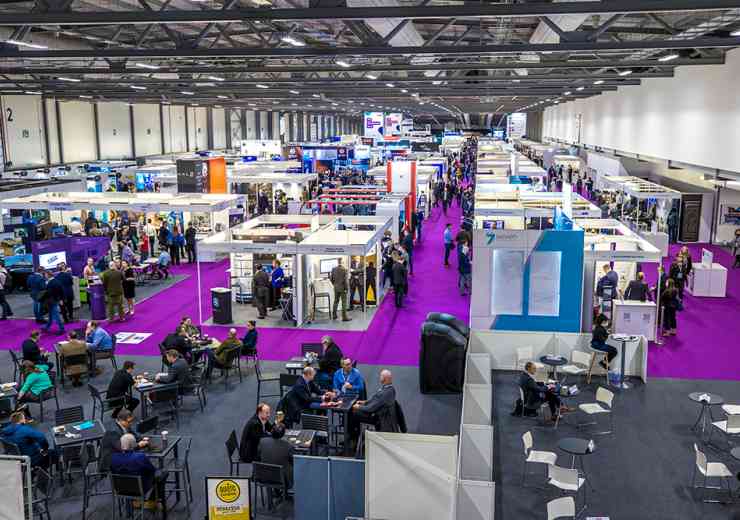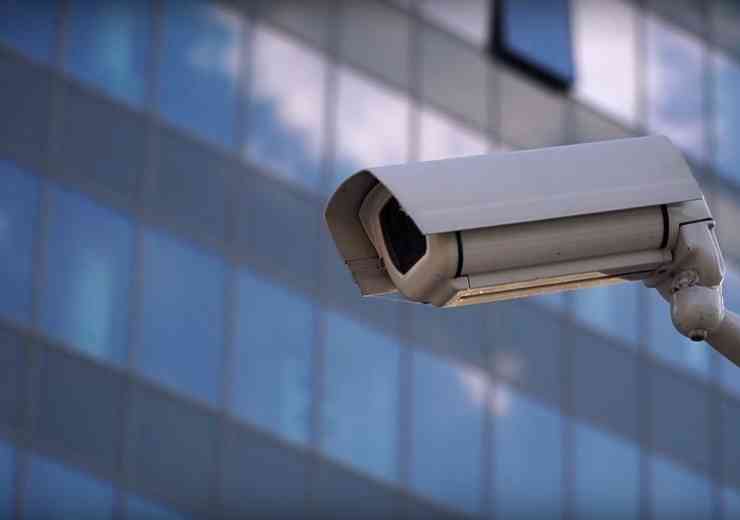
Security and protection of public spaces
Technology assessment framework
In order to ensure that the most adequate and fit solutions are selected to respond to the specific needs in a city, a technology evaluation framework (the EU TEF) has been developed. This tool is derived from previous EU H2020 projects.
The EU TEF is meant for municipal staff responsible for safety and security in public space and other relevant stakeholders, such as municipal police, urban planners, security department or crime prevention units, event organisers, tourism and transport operators etc. The TEF aids municipalities in the whole process of building on specific vulnerabilities and gathering potential technologies, evaluating these for specific vulnerabilities at a specific public space of interest against terrorism. It consists of eight steps which aid in focusing on relevant vulnerabilities from their own EU VAT results, deciding on relevant criteria, setting up the terms of reference for technology requirements, evaluating the (technology) results and performing demonstrations in their cities. The EU TEF provides an overview of how to go from one prioritised vulnerability to asking the market for solutions to protect a public space of interest against a terrorist threat.
Conclusions
In this context, the involvement of local and regional authorities through targeted guidance (provided both by private sector actors and peer local authorities) on the protection of public spaces plays a key role in the operationalisation and implementation of good practices and thus in the development of effective solutions.
Based on the assumption that for efficient protection of public spaces it is necessary to involve a wide range of stakeholders from the local level, PRoTECT develops a tailor-made methodology outlined in four steps: vulnerability assessments; identification of needs in terms of technologies to launch a request for solutions; evaluation, validation and verification of technological solutions to mitigate vulnerabilities with the support of a hypothetical scenario; and hold demonstrations of proposed technological solutions.
Through the proposed PRoTECT methodologies, local authorities will be able to engage in a decision-making process that involves other relevant local stakeholders usually not present in the local security strategy. This relationship has already been established throughout the Vulnerability Assessment Workshops and will continue during the Technology Evaluation Workshops.
The methodology of this project will be translated into knowledge, attitudes, and skills for local actors in the protection of PSOI. Local security actors will also be able to coordinate the process by themselves. This implies the identification of site attributes, involved stakeholders and actors, considered vulnerabilities, threats and potential consequences, the applicable regulatory framework that will have to be pre-considered by the potential participants of the request for solutions process in order to foresee the technological solution(s) and how these could be used for preventing and/ or strengthening the response capacity of municipalities in a corresponding incident.
In the long term, the expected outcomes are to be seen in four areas:
• Research community and industry level. The outcome expected is that municipalities, one of the actors responsible for citizens’ safety, will be able to influence the research community and that industry technological solutions will respond better to their needs complying with the legal and ethical framework in place. In this way, technological solutions from industry will be more sustainable and easier to exploit.
• Transfer of knowledge. The work of PRoTECT has built actions and allowed lessons to be learned in different categories of PSOI, such as commercial areas, main squares, places used for specific events such as concerts, festivals, demonstrations or cultural events and concerning the preparedness against different threats such as attacks with sharp objects, firearms, and Improvised Explosive Devices (IED) among others. These lessons learnt will benefit local authorities beyond the project in enhancing their knowledge on the protection of PSOI and will contribute to the spread of good practices.
• Cooperation and awareness raising. In the long term, PRoTECT will foster cooperation with a wide range of stakeholders involved in security at the national and European levels to increase the awareness of managing authorities, local authorities and beneficiaries.
• Cost reduction for technology adoption. The evolution and/or transformation of problems related to urban security makes it necessary for public policy makers to continually adapt their response capacity to terrorist threats. However, the decreased resources to carry out actions call upon the need for municipalities to adopt the best fitting technologies to be able to do more, and better, with less. PRoTECT equips them with tools to effectively evaluate the solutions by themselves and thus reduce the costs for such solutions to be put in place.
A call for solutions to be launched as part of PROTECT
A call for available technological solutions (termed Request for Information or RFI) will be launched as part of the project. The selected ones will be evaluated on the ground by the five partner cities: Brasov (RO), Eindhoven (NL), Lariseon (GR), Málaga (ES), and Vilnius (LT).
For more information about the RFI visit: https://protect-cities.eu/
For more information about the European Forum for Urban Security visit: https://efus.eu/en/
This article includes the contributions of: Tatiana Morales (Efus), Puck va Brink (TNO), Patrick Padding (National Police of Netherlands), Peter van de Crommert (DITSS),George Kioumourtzis (DITSS), Ioannis Chasiotis (KEMEA).
Pages
digital issue




















